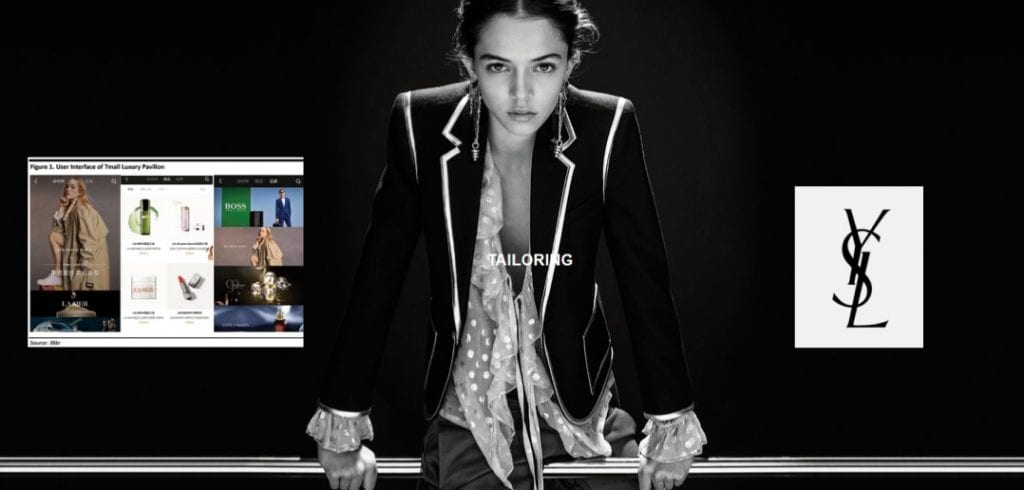Alibaba has agreed to pay a quarter of a billion dollars to put an end to a securities fraud lawsuit accusing it of defrauding shareholders ahead of its September 2014 initial public offering. In the wake of the Chinese e-commerce giant’s $21.8 billion IPO, the most valuable stock market offering to date, a class of Alibaba shareholders filed suit against the Jack Ma-founded company for allegedly failing to mention that Chinese officials had threatened huge monetary fines if Alibaba failed to cut down on the counterfeits on its sites.
Following a preliminary victory in June 2016 in which the U.S. District Court for the Southern District of New York dismissed the shareholders’ case, the U.S. Court of Appeals for the Second Circuit held that the lower court had erred in dismissing the lawsuit. A 3 judge panel for the Second Circuit stated that the plaintiff shareholders had adequately made their case that Alibaba intended to defraud them by failing to disclose the China State Administration for Industry and Commerce threat of action.
Now, over four years after the suit was filed, Alibaba has agreed to pay $250 million to the plaintiff shareholders to settle the case, with admitting wrongdoing. The terms of the settlement are pending court approval.
As noted by Reuters, “Alibaba has long faced accusations that its online platforms are a haven for counterfeiters, including [not one but two] lawsuits [filed] by Kering, the parent company luxury brands, such as Gucci and Yves Saint Laurent,” with the first suit being filed in July 2014. Kering alleged that the Chinese online shopping giant engaged in racketeering by knowingly made it possible for counterfeiters to sell their products throughout the world. The parties settled the case only to have Kering file a subsequent suit in May 2015.
More recently, Alibaba has been reaping the benefits of an image revamp campaign, which has seen it “significantly improve its standing within the international community,” including with luxury brands, including those under Kering’s umbrella, for example, at least some of which have partnered with Alibaba to sell products on its luxury pavilion.
Reflecting on Alibaba efforts to fight fakes and make friends, Fred Mostert – the former president of the International Trademark Association and the current head of the Luxury Law Alliance, which honored Matthew Bassiur, Alibaba’s vice president and head of global intellectual property enforcement, at its annual summit early this month – says that in the past three years, alone, Alibaba “has gone from being criticized for its efforts in intellectual property protection to being viewed as a leader and innovator in the field.”














